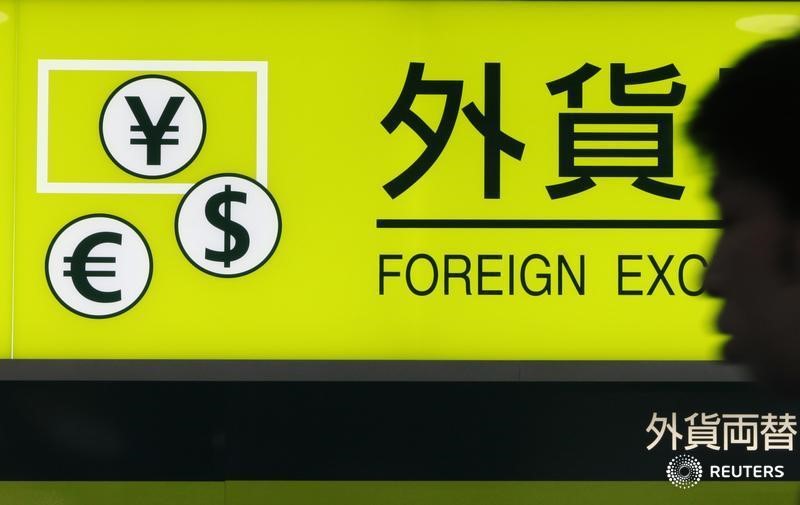Investing.com - The yen rose against the other major currencies on Tuesday as European geopolitical fears contributed to a cautious tone in markets and pressured the euro lower.
Concerns over the Greek bailout package, as well as British polls indicating that Prime Minister Theresa May’s Conservative Party has less of a lead over the Labor Party than expected sapped risk appetite.
EUR/JPY was down 0.83% at 123.20 by 06.30 GMT, the lowest level since May 18.
The euro also remained on the defensive after European Central Bank President Mario Draghi said on Monday that inflation in the euro area remains subdued and still requires substantial stimulus.
Against the dollar, the euro was weaker, with EUR/USD down 0.46% to 1.1115.
The dollar was weaker against the yen, with USD/JPY losing 0.36% to trade at 110.85.
In Japan, data on Tuesday showed that labor demand rose to its highest in more than 40 years in April while the unemployment rate held steady at a two-decade low.
The data bolstered optimism that tighter labor market conditions could help spur weak consumer spending and inflation.
Sterling was lower against the dollar, with GBP/USD down 0.23% to 1.2808 as the election race in the UK tightened, adding to political risk around Brexit.
The pound pushed higher against the broadly weaker euro, with EUR/GBP losing 0.21% to trade at 0.8678.
The U.S. dollar index, which measures the greenback’s strength against a trade-weighted basket of six major currencies, rose 0.33% to 97.65, boosted by the weaker euro.
Last week the index plumbed lows of 96.79, its weakest level since November 9 amid uncertainties over the Trump administration.
Investors were looking ahead to Friday’s U.S. employment report, which was expected to show that conditions in the labor market remain solid.
A strong U.S. jobs report would cement expectations for a rate hike by the Federal Reserve at its next meeting in June.
